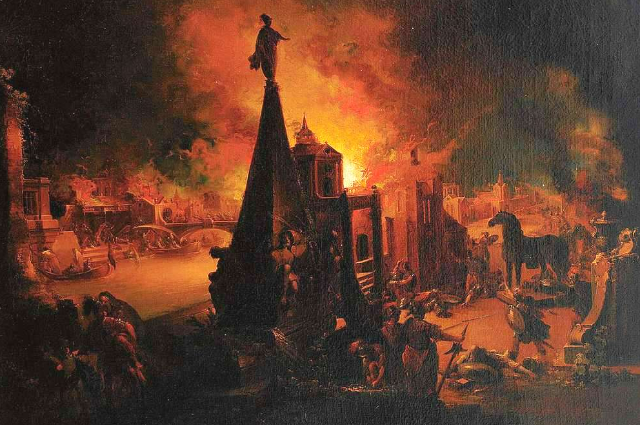‘’And perhaps it is greater grief, after all, to be left on earth, with another is gone.’’ ~ The Song Of Achilles by Madeline Miller.
The Trojan war, a ten-year-long battle, was fought on the ground of the city of Troy, situated in Turkey. Helen, daughter of Zeus and a mortal, known to be the most beautiful, wife of Menelaus the King of Sparta, was the reason the war began when she was stolen away by Prince Paris, Son of Prism the King of Troy.
Great figures, both good and bad lived, fought, and died in this period. Wise Odysseys, cruel
Agamemnon, insignificant Menelaus, brave Ajax, and moody Achilles make up the part of the Spartan kingdom’s famous warriors.
The soldiers as they joined the army and sailed away to the Trojan land were mere boys. They had no wives or kids. Most of them died and were forgotten. It’s a sad tale that they never had the opportunity to see their parents grow old, or die. They never had the opportunity to make a life of themselves, but to serve the kings as they were told to since their birth. It is said that every boy in the dark ages was forced to train their body to their best and prepare to sacrifice their lives to the army or get exiled.
For the name dark ages does not reflect the brutal, unjust treatment but the uncertainty of its existence.
As the modern era take an interest in the infamous story of the Trojan war, the archaeological evidence takes a sit back with the lack of answers that they could find. In all the years, it is ‘The Illiad’ by Homer that has been the greatest proof of the war to ever have happened. It is assumed that this unfortunate yet memorable part of history to have happened in 1700 BCE. while ‘The
Illiad’ was written at least a hundred years after.
So, who is to say that the Trojan war is not a fragment of the imagination of the author and not the great deal of real history that we have been claiming it to be? Who is to say if Homer was a real person? There is no evidence that suffices if it was a he or a she. Or if it was many writers teaming up to make this masterpiece that even after thousands of years has been just as prominent if not less.
There were occurrences mentioned in the history books where the Gods Apollo and Zeus participated in the war, killed soldiers, and developed plagues because of unfair moves made by the kings. The Greek gods were never known for being wise as it is known. While Thetis, the sea nymph goddess and the immortal mother of her mortal son Achilles, Aristos Achaion, the greatest known warrior of his era, fought all her son’s life to try and make him a god. For the prophecies were made, and he was to die after Hector.
Achilles was the only eligible soldier in the Spartan team to have the power to kill the young, powerful, and brave prince Hector of Troy. The king asked ‘why don’t you kill him already?’ and although the greatest warrior that he was, suicide was never an option for him. If you remember, killing hector will mean Achille’s death soon after, as the Prophecy claimed. So, the war went on, and hector lived.
Hector lived, and he fought, until he made a grave mistake. The sin of killing Patroclus, Achilles’ best companion, and as many stories that portrayed them as lovers. Achilles was enraged. His anger knew no limits. He needed no armor. He was Aristos Achio; The best of Greeks. The gods feared him as he hunted down Hector, slit his throat, and dragged his corpse around the field.
Soon after, Achilles’ death followed.
It was Achilles’ armor that created a conflict between wise Odysseus and brave Ajax. With the latter losing the dispute, he committed suicide out of shame by piercing a sword into his chest.
With the two great warriors dead, the Spartan soldiers grew afraid. Then it was Odyssey who worked his clever mind. He prepared a giant horse with an empty belly to fill the soldiers inside. Then the ships sailed, hiding behind an island up-close. With the camp empty, the Trojans thought the war was over and the wooden horse was a gift. When the night came and Troy slept, the soldiers inside the belly stepped out and flew fire in the air. All of Sparta killed the Trojan kingdom that night, arising the fall of Troy.

